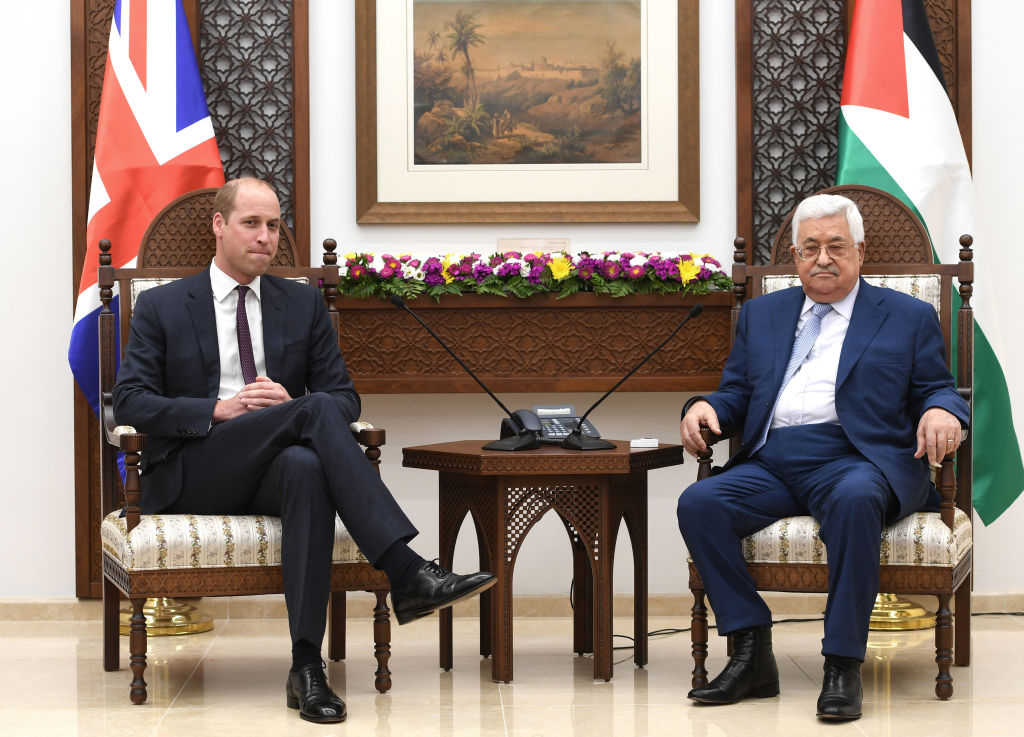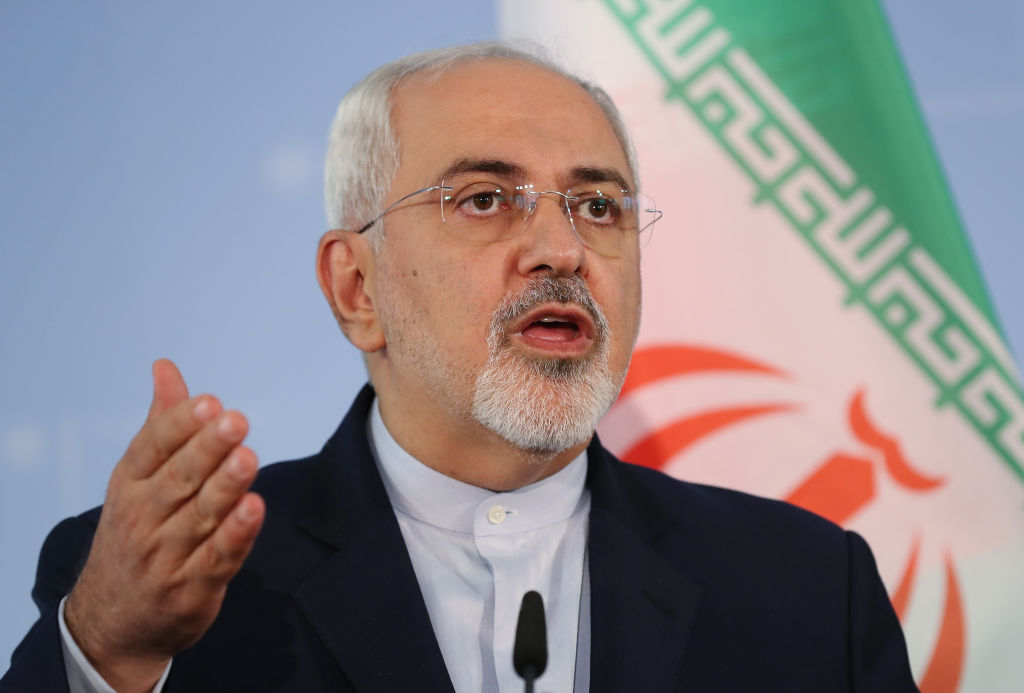by Bassam Tawil • June 29th
It seems that Abbas and Israel have different views on how terrorism should be combated. Abbas seems to think that paying salaries to convicted terrorists and their families is a good first step in that direction.
Prince William just spread smiles around as Abbas was talking about the Palestinians' "serious" desire to achieve peace with Israel and their "commitment" to combating terrorism.
The Palestinian leadership does not want the prince and the rest of the world to know about the conflicting messages they send to their people and to the rest of the world. The message to the Palestinians: We support anyone who murders a Jew and will take care of their families if they are killed or imprisoned by Israel. The message to Prince William and other world leaders and dignitaries: We are committed to peace and the war on terrorism.
As chance would have it, on the very day that the prince was in Ramallah, the Palestinian Authority was repeating its pledge to continue funding terrorists and their families. One hopes that Prince William enjoyed his visit to Ramallah. One also hopes that he asks his advisors to translate for him what Palestinian leaders are saying to their own people in Arabic.

Prince William, Duke of Cambridge meets Palestinian Authority President Mahmoud Abbas during an official visit to in Ramallah, on June 27, 2018. (Photo by Joe Giddens - Pool/Getty Images)
Palestinian Authority President Mahmoud Abbas shared some interesting news with England's Prince William during a meeting in Ramallah on June 27. He informed the royal visitor that the Palestinians are "serious about reaching peace with Israel." Abbas also said that the Palestinians were "committed to combating terrorism."
What makes this news interesting is that as Abbas was speaking to Prince William in his Ramallah headquarters, known as the Mukata, the Palestinian government issued a statement praising Palestinian terrorists imprisoned by Israel. The Ramallah-based government also vowed to continue paying salaries to Palestinians convicted of murdering and injuring Jews, defying Israeli and American demands to stop the payments.
by Amir Taheri
The pro-Khomeinist chorus builds its case on an abstract notion in which, in dealing with the Islamic Republic, the choice is only between surrendering to its every whim or total military invasion.
The same lobbyists discourage any attempt by the major powers to adopt a policy aimed at helping, persuading and cajoling Iran into restoring its identity as a nation-state and behave like one by closing the chapter of a revolution that has plunged Iran and a good chunk of the Middle east into conflict and uncertainty.

Iran's Foreign Minister Mohammed Javad Zarif (pictured) has replied to US Secretary of State Mike Pompeo's 12-point statement with a 15-point desiderata of his own, indicating Tehran's choice of a delaying tactic. (Photo by Sean Gallup/Getty Images)
As the clock ticks towards 8th of August, the deadline fixed by US President Donald Trump to unveil the next stage of his policy towards Iran, a choir of Western politicians, academics and businessmen is formed to urge him to stick to the policies of his predecessors since 1979. That, in turn, has encouraged elements in the Tehran leadership to argue against any change of policy and/or behavior by the Islamic Republic on a range of issues, as spelled out in US Secretary of State Mike Pompeo's 12-point statement, including the attempt to "export" revolution to Syria, Lebanon, Iraq, Bahrain and Yemen among others.
Last Tuesday Iran's Foreign Minister Mohammed Javad Zarif replied to Pompeo with a 15-point desiderata of his own, indicating Tehran's choice of a delaying tactic.
|
|



No comments:
Post a Comment